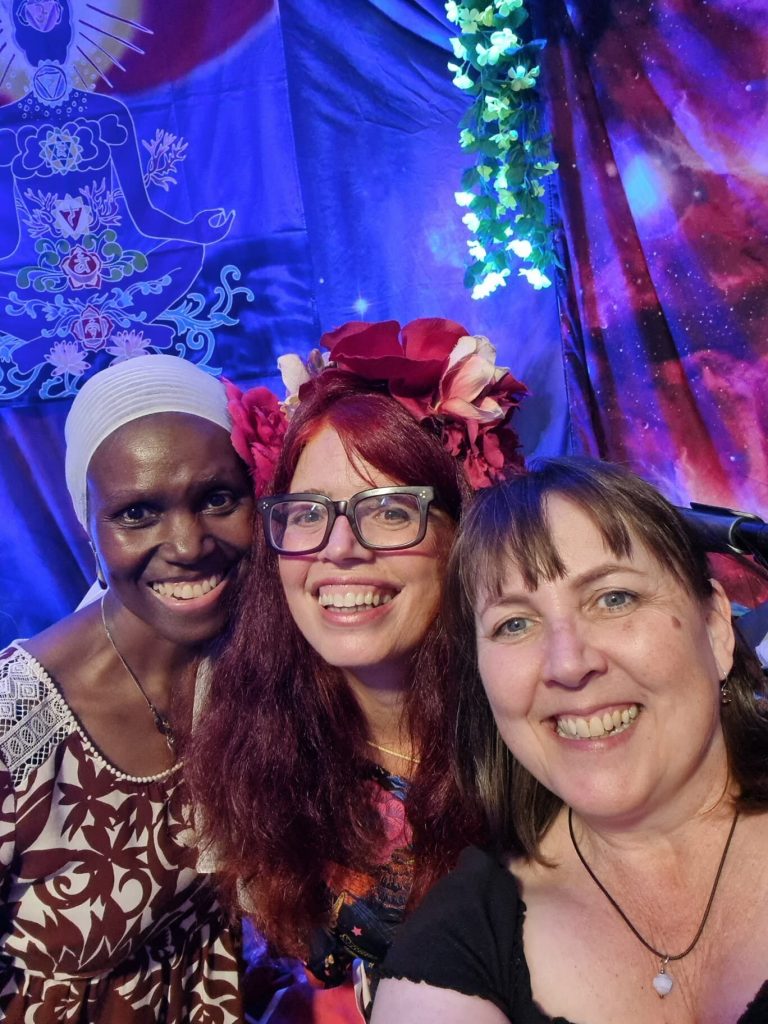Commitment issues can pose a challenge, whether you’re single and looking for a relationship, dating, or in a relationship. Whether you are the one that has difficulty with commitment, or you are relating to someone with commitment issues, bringing awareness and understanding is key.
What are the signs that someone has commitment issues?
Some of the telltale signs might be that they repeatedly say they will do one thing and then don’t, or if they keep cancelling on agreements. Maybe they seem like they can’t be present with you.
Another red flag could be them telling you they have mental health issues that make it difficult to date, or if you discover that other things or people are way more important than you (like gaming, drink, drugs, the phone, other people) but they are not willing to look at this.
If you are dating someone with commitment issues, it’s helpful to look at what lies underneath.
There are many reasons why someone might be scared of commitment.
There may be a part of them that has got “burnt out ” by previous relationships or they may have had a previous relationship trauma. They may be scared of going “too fast” and be trying to slow things down.
They may be avoidantly attached which means they like their space and want to make sure it’s not going to be invaded, or they may be a disorganised avoidant where part of them wants to be involved and part of them doesn’t, so they are giving off push-pull messages.
Some people have narcissistic wounding and may wish to get involved for themselves but are not that interested in you or what you need or feel. Others have good intentions but may not be experienced enough in relationships to know how to recognise what you need or want.
The key is to work out if they are maliciously avoidant or just unaware where a little understanding would go a long way.
There are four attachment styles, which can be helpful to understand in relation to commitment issues. It is common for people to have a mixture of these traits:
Secure: happy, autonomous able to connect with others and ask for needs and wants, low on avoidance, fine with intimacy, not concerned with being abandoned.
Anxious: can be preoccupied with the relationship, needy, demanding, wishes to merge with another, can be anxious and avoidant – so anxious that they won’t get what they want that they avoid commitment.
Avoidant: some avoidants love space and may need a lot of space while some keep a distance to protect the space and not get into deep emotional waters. A dismissive avoidant keeps the partner at arm’s length and disregards their need for closeness.
Disorganised: Some disorganised avoidants say they want connection and then do something else because they become afraid. The same with disorganised anxious who may give mixed messages or may want everything their way but be unable to listen to what the other wants. Some disorganised attached styles relate to unresolved traumas and issues and people who may “act out” their anger/sadness/rage with the people around them – this can also appear in commitment issues.
What might cause someone to have commitment issues?
A background of unprocessed trauma, anxiety and fear of being overwhelmed in relationships may be the root of commitment challenges.
If someone was left alone too much as a child with no one to listen or to attend to their feelings, this may cause problems in their relationships later in life. Likewise, if they had a care giver with an issue of addiction and they were taught not to express feelings or the family system might get upset.
If during their upbringing, they got the message from a caregiver that it’s not OK to explore feelings, they would have learned not to communicate in order to keep the environment safe. They would have become so used to keeping quiet, that in their adult life they don’t know how to open up and say what is going on, so they avoid.
Their avoidance may be because it feels terrifying to go near feelings rather than because they wish to avoid you. If you can learn to create safe calm spaces together you may well find that you can build better communication.
How can you deal with it if you have commitment issues?
The key to working with commitment issues is developing more of a sense of SELF, being honest with yourself and feeling all of your parts. So instead of acting out your fear by being late, you share with someone what’s going on e.g. “I like you so much it’s making me feel a bit scared and I end up cancelling/being late”.
If you are in a relationship, it’s important that you share what the relationship is bringing up for you and learn how to set boundaries so that you feel clear on what you realistically can and can’t give or receive.
It is possible to gradually learn how to handle being in a relationship while not losing yourself – this is known as systematic desensitisation. You must get to know yourself and your boundaries, as well as what you need and want.
There is a theory that each person in a pair or a thruple needs their own village of resources to make it flourish, so that they can stay regulated and not resort to triggered behaviours like withdrawing or pursuing. In order to have a regulated nervous system where you connect with pleasure hormones like oxytocin, dopamine and seratonin, rather than stress hormones like cortisol, adrenaline and testosterone, you may need to create more support and adopt daily embodiment practices like exercise, meditation, self massage or having a bath.
Relationships involve rupture and repair – this is unavoidable. It is an art form to learn how to navigate these challenges and the communication issues that may arise. Getting support can be a big key. There are also many modalities to learn how to develop yourself and build the confidence to express yourself clearly e.g. Non Violent Communication, Encounter Based Communication or Bridging from Imago and Hedy Schleifer.
Once you develop a greater sense of SELF, you can be more aligned with your different parts and more clear about what is possible for you. Also it can be really helpful to understand more about the dynamics between people and how we can get into “dances” where we can misunderstand each other.
What should you do if your partner/someone you’re dating has commitment issues?
Set a boundary and be clear on what you want and will and will not accept while dating. If you are really upfront and clear, it can be supportive to the situation.
Stephen and Ondrea Levine suggest that pairs make a three month contract where they date once a week (or twice) and just text niceties and arrangements for the next dates in between, without any big chats. They suggest that a three month commitment can allow for all the issues to come up in both people and they can have an opportunity to work a lot of this through. If you struggle setting boundaries, then consider joining a group like CODA or Alanon and/or get a therapist.





